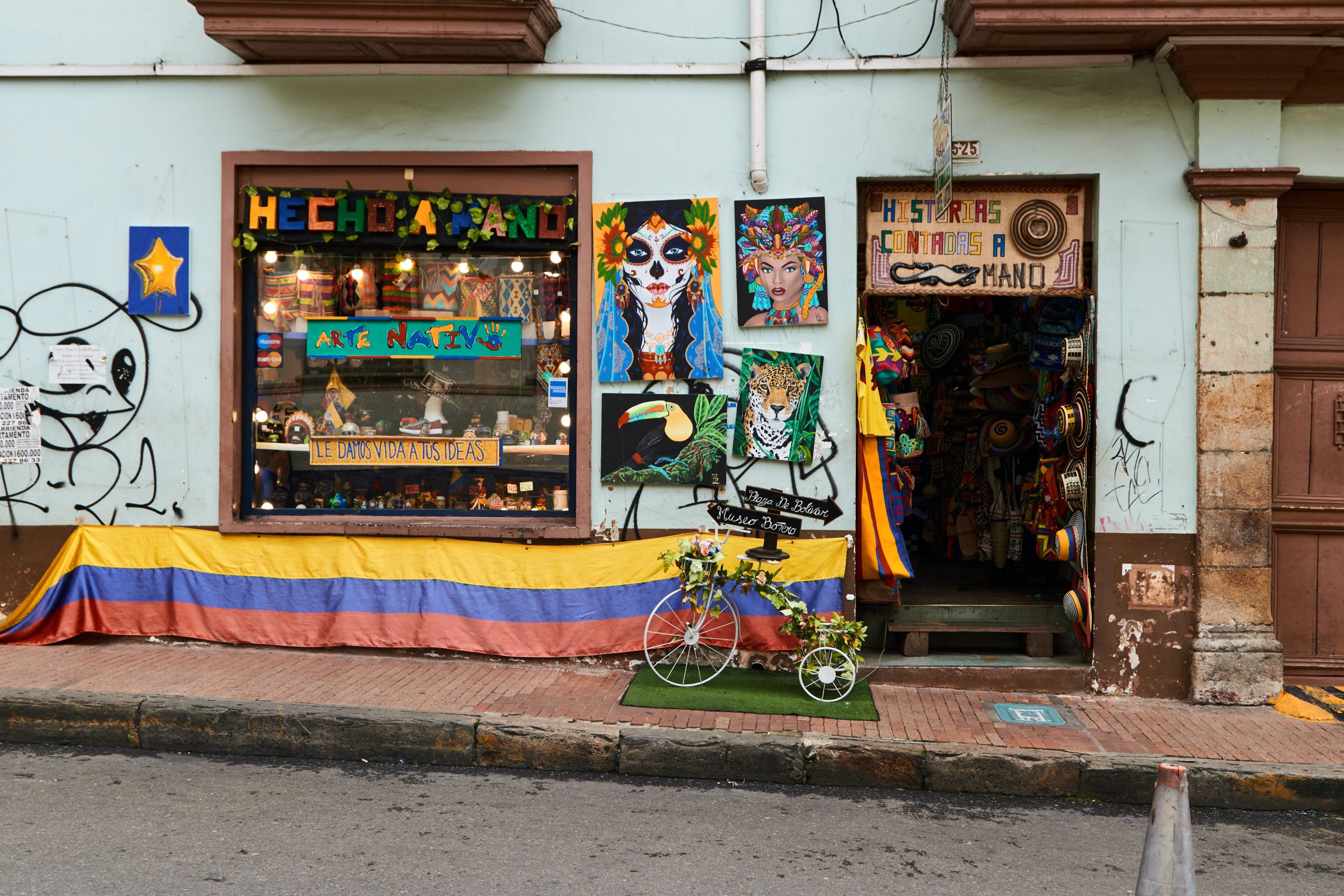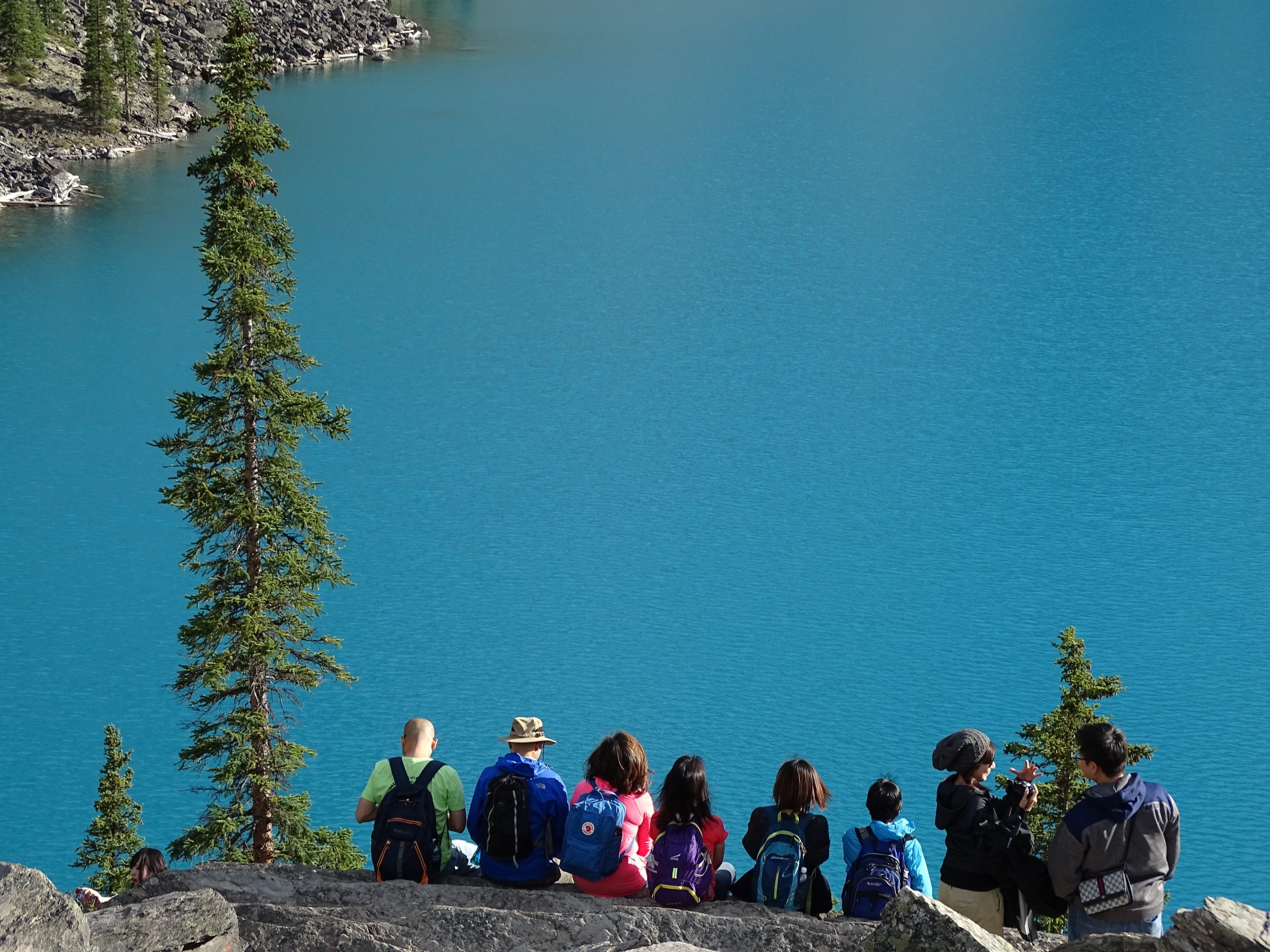Millionaire Opportunities: How Great Entrepreneurs Turned Needs into Profitable Businesses
It’s no secret that great businesses arise from needs reflected in our daily lives. In many cases, what starts as a "challenge" turns into a business opportunity. A few months ago, we discussed green businesses, which were born from environmental issues, affecting specific sectors, creating economic challenges, such as the case of sargassum and its impact on tourism. Today, I want to share the story of a young entrepreneur, yes, a young one, just 11 years old. Her name is Lily Born, and a few years ago, she developed a special cup known as the Kangaroo Cup, designed for people with Alzheimer’s. Before becoming a business proposal, her idea came from a personal need: her grandfather, who suffers from Parkinson’s disease and had difficulty doing simple things like drinking water. What started as a solution for her grandfather turned into an invention that has improved the lives of thousands of people. Lily Born’s case is a clear example of innovation, active listening, and observing current needs. Sometimes, we think innovation lies in something completely new, when, in reality, many times opportunities are in needs we have right in front of us that, for years, we haven’t noticed or used as a base
I had planned a trip to Ecuador, is it safe to go? What other similar destinations can serve as an alternative?
In recent months, Ecuador has been in the global spotlight due to incidents of violence and internal conflicts. However, how safe is it really to visit this beautiful South American country at present? To address this question, it is important to consider several factors, from the political and social situation to public perception and the security measures implemented by authorities and tourism companies. According to the Travel Advisory from the United States Department of State, Ecuador is currently classified as level 2: "exercise increased caution." This is due to the conditions of the internal armed conflict that have sparked civil unrest, crime, and kidnappings in certain areas of the country, particularly in the port city of Guayaquil. Although this warning indicates the need for caution, it is also important to note that many tourist areas continue to operate normally and have maintained their usual tranquility. An article from Travel Weekly showcases the visit of one of its reporters, who during their stay in Quito, the capital of the country, and other cities like Cuenca, was able to experience firsthand the warmth and hospitality of the people, as well as the beauty of Ecuador's natural landscapes, stating that despite the challenges, many parts of
Hotel Trends to Watch in 2024
As we move through 2024, it becomes increasingly clear that we are edging closer to a futuristic world where technology and sustainability redefine the traveler experience. With artificial intelligence, the implementation of robots and chatbots, augmented reality, and the unwavering consumer demand for sustainable practices and holistic wellness, the hotel industry will continue to grow, adapting to new guest expectations and approaches. Here's a sneak peek at the key hotel trends that will be in the spotlight. Personalized and contactless customer experience According to a report by Exploding Topics, 71% of travelers show a greater willingness to stay in hotels that offer self-service technology. Additionally, a 2020 study by Criton revealed that 80% of travelers prefer using an app for processes like check-in and check-out, room service requests, and communication with hotel staff. These data clearly indicate that guests value experiences that allow them to access personalized amenities and services efficiently and without physical contact. An initiative exemplifying this trend towards contactless experience is digital concierges. A notable case is Ivy, the digital concierge developed by GoMoment, present in hotels ranging from the Venetian Las Vegas to various Holiday Inns worldwide. Ivy has interacted with over 50 million guests, providing answers to questions, handling
Travel Trends 2024
The world of tourism is like a canvas constantly evolving, with each passing year bringing new strokes of experiences and destinations. After dissecting the travel trends unveiled by Amadeus, a leader in the travel industry, this article takes pleasure in highlighting the trends that will shape the tourism landscape in 2024. Generative Artificial Intelligence (GAI) at the heart of the travel experience Generative Artificial Intelligence (GAI) is gaining ground in the tourism sector in 2024, translating into more personalized and efficient travel experiences. Instead of relying on filters on search sites, travelers can now interact with GAI-based chatbots, such as Expedia's new ChatGPT plugin. Acting as a virtual travel assistant, it provides instant hotel recommendations and itineraries with links for booking. This evolution in travel planning offers a more intuitive and personalized experience for consumers. The rise of music tourism After the social isolation of the pandemic, music has become a powerful medium of connection. Music tourism is experiencing a surge, with artists like Coldplay and Taylor Swift leading the charge. The connection between musical events and the increase in flight searches and bookings is evident. For example, Coldplay's announced concerts in Romania and Greece for 2024 had a significant impact on flight searches
Investment opportunities in sustainable tourism
Tourism represented approximately four percent of the global economy before the outbreak of the COVID-19 pandemic. During 2020-2021, the sector experienced significant losses, including a marked decline in capital investment, which included foreign direct investment. Since then, global tourism has been recovering slowly but steadily, returning to pre-pandemic levels. According to the World Tourism Organization (UNWTO), investments are crucial for the recovery and future growth of tourism, aligned with Agenda 2030 and the Sustainable Development Goals. Through its recent 2022 Tourism Investment Report, it sheds light on an uneven recovery landscape and the urgent need to redesign our investment strategies focusing on education, sustainable infrastructure, innovation, and entrepreneurship. The report highlights that while tourism has shown signs of recovery, with a 5.3% increase in tourist arrivals in 2021, foreign direct investment (FDI) has remained low. In this regard, FDI in tourism decreased in 2021 and continued its decline in the first half of this year, despite the significant increase in air traffic in Europe. This disparity indicates that, although the demand for travel has improved, investments in the sector have not followed the same pace, posing a critical challenge that demands our attention. Despite this scenario, the report points out that investment is
The keys to success in the tourism industry
The tourism and hospitality industry, with its unmistakable charm, is constantly in motion and evolution. In a world where mobility and curiosity are the norm, excelling in this competitive sector is an art that combines a passion for travel with the ability to offer exceptional experiences. In this article, we will delve into some of the essential keys to success in the tourism industry. Offering a unique and memorable travel experience: travelers seek more than just destinations; they crave experiences that differ from their everyday lives. Experiential tourism is a concrete example of this, as it is a growing trend where travelers increasingly seek authentic, memorable experiences that leave a positive impact on them. Adapting to market trends: the tourism sector is constantly evolving, so companies must stay up-to-date with the latest trends and adapt their products and services accordingly. For example, the increasing demand for sustainable travel has led many tourism businesses to offer environmentally friendly products and services. Continuous innovation: innovation is the backbone of success in any industry, and tourism companies must provide innovative products and services. As Zurab Pololikashvili, Secretary-General of the World Tourism Organization (UNWTO), pointed out, "tourism companies must leverage new technologies to offer more personalized and
Sub-Tourism: An Alternative to Addressing the Challenges of Mass Tourism
Tourism is one of the world's largest industries, and its growth has been steady in recent years. According to data from the World Tourism Organization (UNWTO), in 2019, an estimated 1.465 billion international trips were made, marking a milestone in the industry's history. However, the COVID-19 pandemic in 2020 represented an unprecedented setback for the sector. With grounded airplanes, closed hotels, and travel restrictions worldwide, the number of trips plummeted dramatically to 406.98 million. Despite the challenges faced by the industry, UNWTO reported that by 2022, approximately 962.80 million trips were recorded worldwide, demonstrating astonishing growth of 136.95% compared to 2020. These figures underscore the sector's resilience and adaptability, prompting questions about how we can maintain a balance between this rapid growth and sustainability. One of the most pressing challenges of mass tourism is its impact on the environment and local communities. The overexploitation of tourist destinations can deplete natural resources and disrupt the daily lives of host populations. In response, UNWTO has acknowledged these issues and promotes sustainable tourism as a solution. This involves adopting environmentally friendly practices and fostering healthy cultural interaction. In this context, the concept of "sub-tourism" emerges as an alternative. It involves seeking more authentic and less crowded
The evolution of boutique hotels: personalized and exclusive experiences
In a world where hospitality and comfort converge with individuality and exclusivity, boutique hotels have emerged as beacons of light in the modern hotel industry. According to a report from the Statista Research Department, the boutique hotel market in the United States experienced a significant recovery, projecting to reach $23.18 billion in 2022. This resurgence is even more remarkable considering the decline in 2020 due to the COVID-19 pandemic and subsequent reduction in travel. In 2021, the boutique hotel sector in the United States hosted a total of 3,797 companies, a significant increase from the 3,352 the previous year. Optimistic projections anticipated that the number would reach 4,487 in 2022, demonstrating continued confidence in the potential and sustained demand for these unique and personalized experiences. The evolution of the market size not only reflects an impressive recovery but also a consistent growth in the number of sector companies over the last decade. The Impact of Boutique Hotels on the Hotel Industry The influence of boutique hotels on the hotel industry cannot be underestimated. These distinctive establishments have introduced a revolutionary approach that highlights individuality and personalized attention. While traditional hotel chains offer a uniform experience, boutique hotels stand out for their distinctive character and
Hospitality as an alternative investment
The hospitality industry is one of the largest and most dynamic in the world, with millions of people traveling annually in search of unique and memorable experiences. This sector not only fulfills the purpose of providing unforgettable moments for travelers but also generates millions in revenue and provides employment opportunities for numerous people. The rise of hospitality as an investment In recent years, the hotel sector has experienced steady and sustainable growth worldwide. According to a Statista report, in 2023, the global hospitality market reached nearly 4.7 trillion dollars and was projected to grow to 5.8 trillion dollars in 2027, with a compound annual growth rate (CAGR) of 5.5 percent. Undoubtedly, hospitality, with its focus on customer satisfaction and the creation of meaningful experiences for visitors, has emerged as an extremely attractive investment option. As people seek more genuine experiences during their travels, there has been a shift towards a greater demand for boutique accommodations, eco-resorts, adventure tourism, and unique gastronomic options. Now, let's explore a little about how hospitality has become a viable option for investors and how this industry offers a fresh and constantly growing perspective. Stability and resilience: while financial markets may be volatile, the hospitality industry tends to be more stable
The influence of social media on the choice of tourist destinations
Recognizing the undeniable role of social media in shaping our travel plans is as evident as acknowledging that the sun is always shining. In the interconnected world we live in, it has become natural to turn to these digital platforms in search of inspiration, recommendations, and a glimpse into the experiences of other travelers. However, the real extent of social media's impact on our travel decisions remains a fascinating and enigmatic topic. While it's no secret that social media plays a significant role in vacation itinerary planning, the true magnitude of its influence remains a captivating mystery waiting to be unraveled. According to a Morning Consult report, 92% of Generation Z users in the United States use social media, with 54% of them spending at least four hours a day on these platforms. Furthermore, Gen Zers stated that they spend more time interacting with their peers per week, on average, through video games (65%) than in school (64%) or at work (51%). These numbers highlight the omnipresence of social media in the daily lives of young people, and this reality directly impacts their travel decisions. A fascinating example of social media's influence on the choice of tourist destinations can be observed in the










